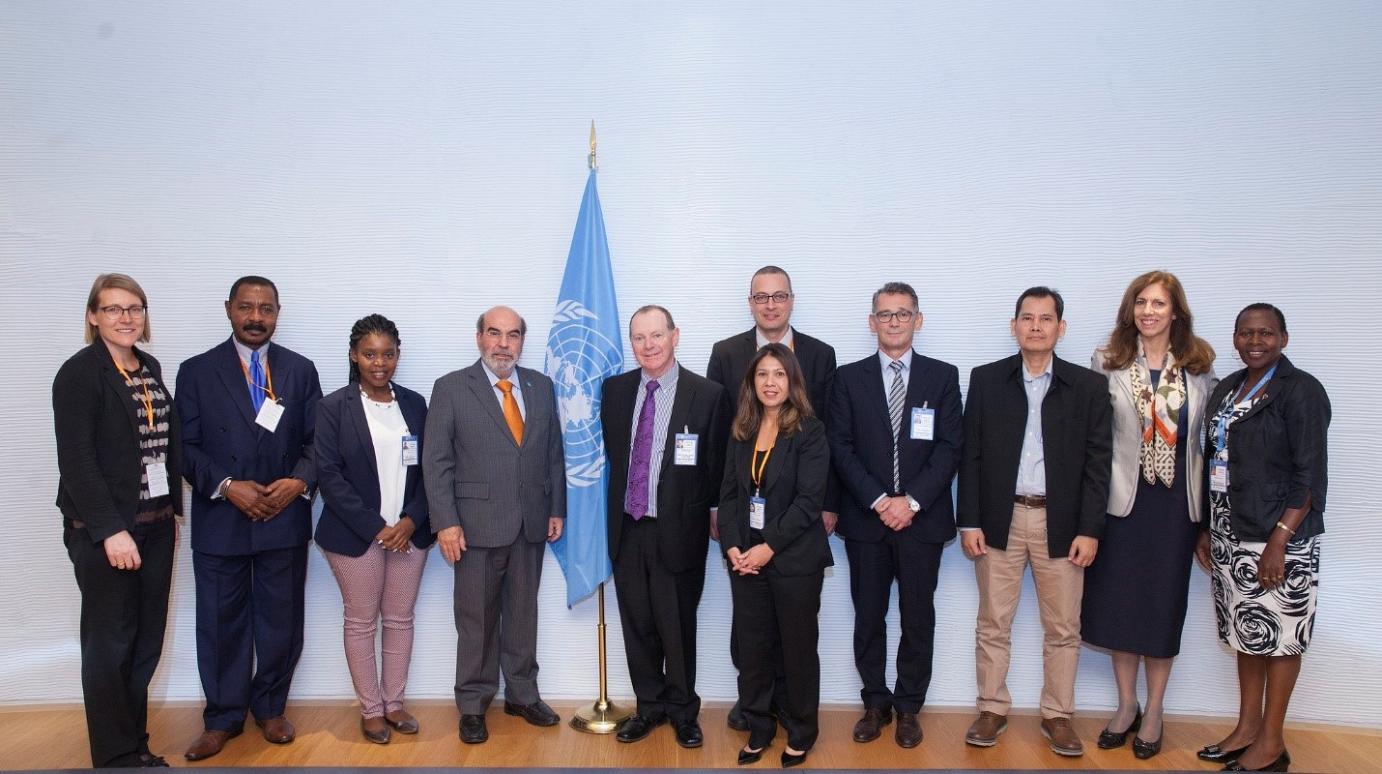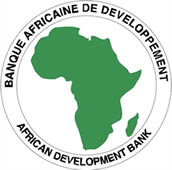The Committee for World Food Security (CFS) is the United Nations’ forum for reviewing and following up on policies concerning world food security. It also examines issues which affect the world food situation. It was established as a result of the food crisis of the 1970s, upon recommendation from the 1974 World Food Conference.
The rise in food prices in 2007-08, followed by the financial and economic crisis in 2009, has heightened awareness on poverty and hunger issues around the world. Under these pressures, the CFS was reformed in 2008 to become the most inclusive international and intergovernmental platform for all stakeholders to work together to ensure food security and nutrition for all. The CFS Advisory Group was created to hold permanent seats for civil society, the research community and the private sector.
The presentation by Nana Osei-Bonsu was on agricultural investments and food security from a private sector perspective. He highlighted the issue of high post-harvest losses, unmechanized farming, limited access to capital for agricultural investments as well as unfavorable policy environment as the major challenges facing agriculture in Africa. He however proposed a review in measures by governments across Africa to create the conducive and enabling environment to facilitate private sector investments into agriculture to achieve food security and nutrition. He also addressed issues on responsible private sector investments which will ensure sustainable agricultural production with positive impacts on the society and the environment.
The CFS Principles for Responsible Investment in Agriculture and Food Systems (RAI) were approved by the 41st Session of CFS on 15 October 2014. The Principles offer important guidance to companies engaged in agriculture at local, national and international levels. Private sector firms of all sizes are already engaged in responsible corporate practices related to agricultural investments and the guidelines will offer a helpful framework for their work with the objective to increase the positive impacts that responsible investments can have on food security and nutrition, as well as overall poverty alleviation and economic development worldwide.
The Private Sector Mechanism (PSM) has been involved in the various stages of development of the RAI and emphasized throughout the need for the principles to be operational and for the CFS to quickly move to implementing them. The RAI now needs to be positioned as a tool to enhance and attract investment, both foreign and domestic.
The private sector is already the biggest engine of poverty reduction and economic growth in the developing world. On average, business provides 60% of GDP, 80% of capital flows and 90% of jobs in developing countries. It is the major source of the US$1 trillion a year needed to finance development. To help leverage this potential, governments must create stable, predictable and transparent regulatory frameworks and legal systems to attract sustainable investments in agriculture.




































